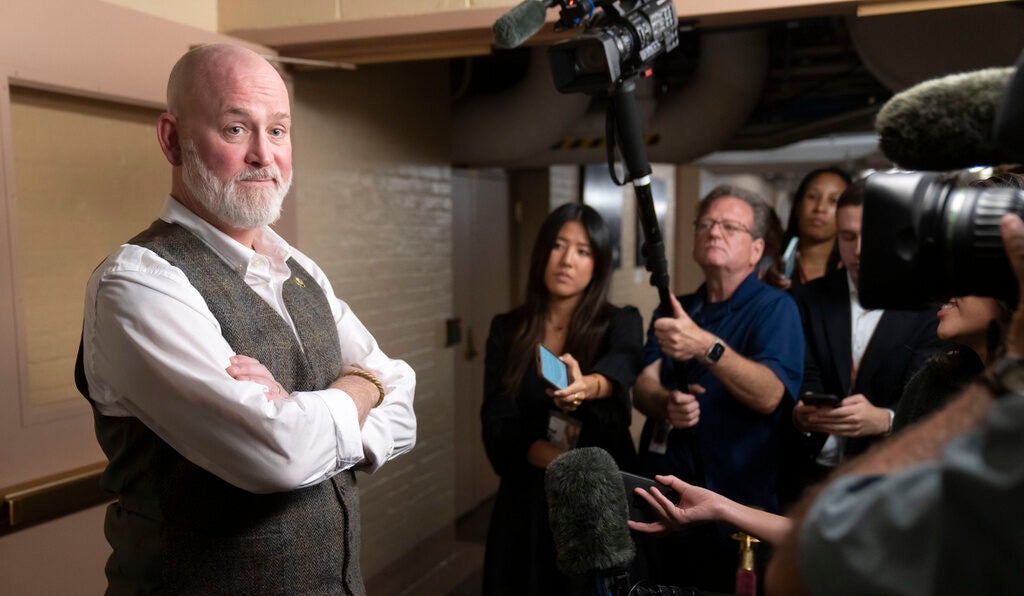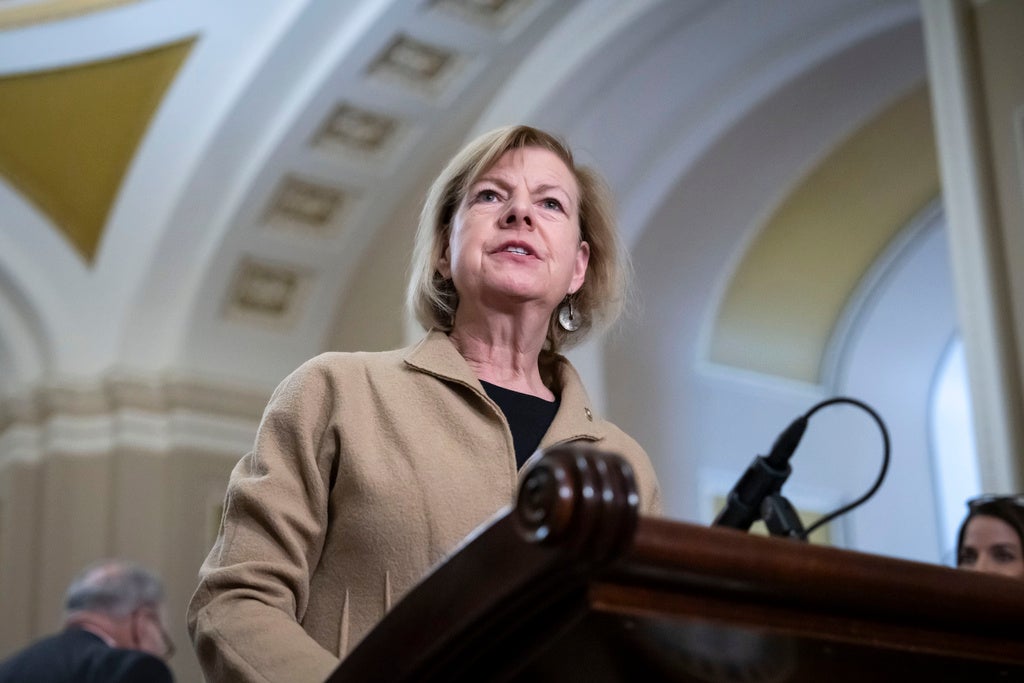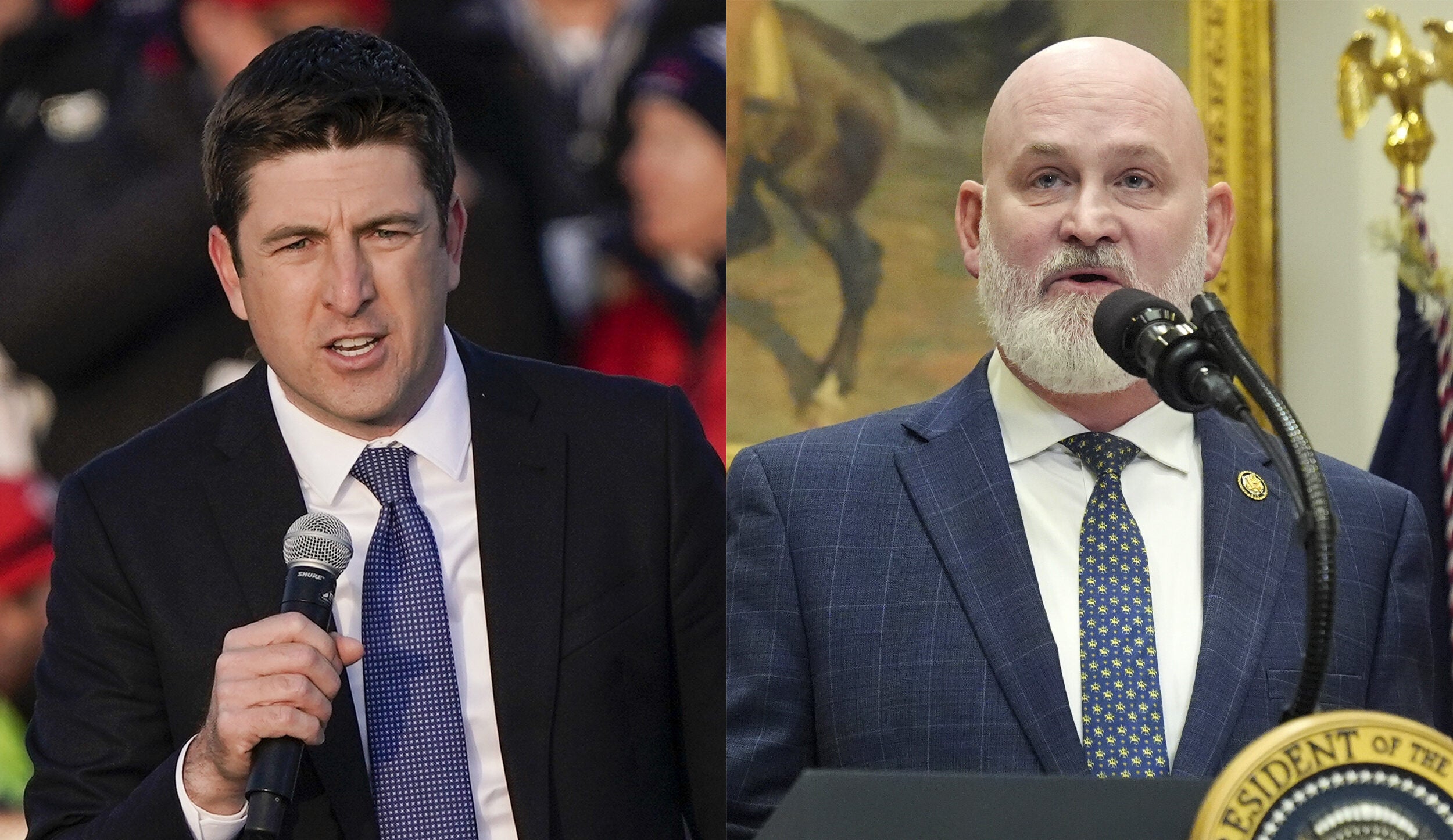Republicans have been campaigning against the law known as Obamacare for nearly a decade. Now with President Donald Trump in the White House and a new lawsuit winding its way through the courts, there’s a very real chance the Affordable Care Act could be repealed.
News with a little more humanity
WPR’s “Wisconsin Today” newsletter keeps you connected to the state you love without feeling overwhelmed. No paywall. No agenda. No corporate filter.
Wisconsin Public Radio, © Copyright 2026, Board of Regents of the University of Wisconsin System and Wisconsin Educational Communications Board.







